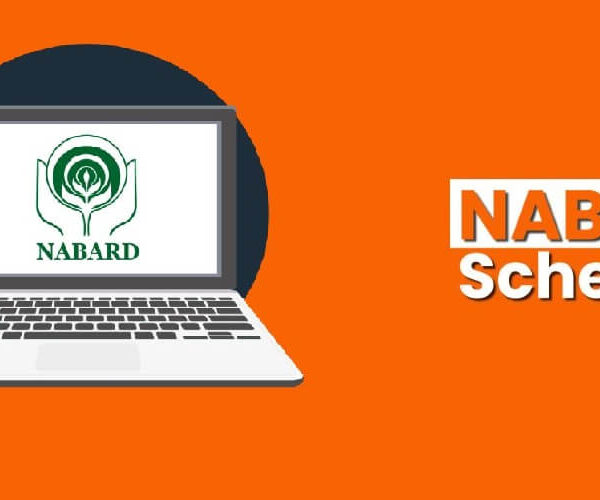In today’s fast-paced world, having a high emotional intelligence (EQ) score is more important than ever. EQ refers to the ability to understand and manage your emotions, as well as the emotions of others. It plays a crucial role in your success at work, in relationships, and in all areas of life. If you want to improve your eq emotional intelligence test score, here are some practical tips and strategies to help you along the way.
What is Emotional Intelligence (EQ)?
Emotional intelligence is the ability to recognize, understand, and manage your own emotions, as well as the emotions of others. It involves being aware of your own feelings and how they affect your thoughts and actions, as well as being able to empathize with others and build strong relationships. People with high EQ scores are often better at communicating, resolving conflicts, and dealing with stress.
Practical Tips to Improve Your EQ Score:
1. Practice Self-Awareness
Self-awareness is the foundation of emotional intelligence. Take time to reflect on your emotions, thoughts, and reactions. Pay attention to how you feel in different situations and how those feelings influence your behavior. By being more aware of yourself, you can better understand why you react the way you do and make positive changes.
2. Develop Empathy
Empathy is the ability to understand and share the feelings of others. Practice putting yourself in someone else’s shoes and seeing things from their perspective. Listen actively, ask questions, and show that you care about the other person’s feelings. This will not only strengthen your relationships but also help you become more emotionally intelligent.
3. Improve Your Communication Skills
Effective communication is key to building strong relationships and resolving conflicts. Practice active listening, be clear and concise in your communication, and use nonverbal cues to enhance your message. By improving your communication skills, you can better express your emotions and understand the emotions of others.
4. Manage Stress
Stress can have a significant impact on your emotional intelligence. Learn to manage stress through techniques such as deep breathing, meditation, exercise, and time management. By reducing stress in your life, you can improve your ability to regulate your emotions and make better decisions.
Strategies to Boost Your EQ Score:
1. Seek Feedback
One of the best ways to improve your EQ score is to seek feedback from others. Ask friends, family members, or colleagues for their honest opinions about your emotional intelligence. Use their feedback to identify areas for improvement and make changes accordingly.
2. Practice Mindfulness
Mindfulness is the practice of being fully present in the moment and aware of your thoughts and feelings without judgment. By practicing mindfulness, you can increase your self-awareness, reduce emotional reactivity, and improve your ability to regulate your emotions.
3. Build Strong Relationships
Building strong relationships is essential for improving your emotional intelligence. Surround yourself with supportive and positive people who encourage your personal growth. Invest time and energy in your relationships, communicate openly and honestly, and show empathy and understanding towards others.
In conclusion, improving your EQ score by emotional intelligence book is a journey that requires self-awareness, empathy, communication skills, stress management, feedback, mindfulness, and strong relationships. By incorporating these practical tips and strategies into your daily life, you can enhance your emotional intelligence and achieve greater success and fulfillment in all areas of your life. Start today and take the first step towards a higher EQ score!
Remember, the key to improving your EQ is practice, patience, and persistence. Start implementing these tips and strategies today, and watch as your emotional intelligence grows stronger day by day.
FAQ
What is an EQ score?
An EQ score is a measurement of a person’s emotional intelligence. It reflects how well an individual is able to recognize, understand, and manage their own emotions, as well as how effectively they can navigate social interactions and empathize with others. EQ scores are often used in the workplace to assess an employee’s ability to work well with others, handle stress, and communicate effectively.
How is an EQ score determined?
There are several assessments available that measure emotional intelligence and assign an EQ score. One of the most popular assessments is the Emotional Intelligence Appraisal, which was developed by Travis Bradberry and Jean Greaves. This assessment measures an individual’s emotional intelligence in four key areas: self-awareness, self-management, social awareness, and relationship management. Based on their responses to the assessment, individuals receive a score that indicates their level of emotional intelligence.
Why is emotional intelligence important?
Emotional intelligence plays a crucial role in both personal and professional success. Individuals with high emotional intelligence are better able to manage their emotions, handle stress, and communicate effectively with others. They are also more likely to have strong interpersonal relationships and be successful in their careers. Employers value emotional intelligence in employees because it contributes to a positive work environment, effective teamwork, and strong leadership.
Can emotional intelligence be developed?
Yes, emotional intelligence can be developed and improved over time with practice and effort. By focusing on self-awareness, self-management, social awareness, and relationship management, individuals can enhance their emotional intelligence skills and increase their EQ score. Strategies such as mindfulness, active listening, and empathy can help individuals strengthen their emotional intelligence and become more successful in their personal and professional lives.
How can I improve my EQ score?
There are many ways to improve your emotional intelligence and increase your EQ score. One effective strategy is to practice self-awareness by reflecting on your emotions, thoughts, and behaviors. By understanding yourself better, you can identify areas for improvement and work on developing your emotional intelligence. Additionally, working on your communication skills, empathy, and conflict resolution abilities can help you strengthen your relationships with others and boost your EQ score.








